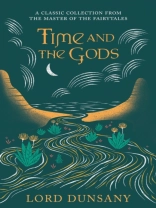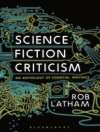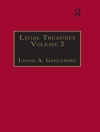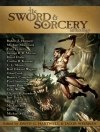Dreamworlds, magic; faerie – an entrancing collection from ‘One of the greatest writers of this century’ Arthur C Clarke Of all the weavers of magic, there is none like Lord Dunsany. During his long lifetime he wrote more than sixty books including novels, plays, poetry collections most memorably, innumerable exotic and fantastical short stories. Here is the very best of Dunsany’s extraordinarily evocative tales of Faerie, of dreamworlds and of magic. Considered a major influence on J R R Tolkien and Ursula Le Guin, these are some of the most beguiling fantasies in the English language, including the complete contents of Time and the Gods, The Book of Wonder, The Sword of Welleran, The Gods of Pegana and The Last Book of Wonder.’To the truly imaginative he is a talisman and a key unlocking rich storehouses of dreams’ H P Lovecraft
Lord Dunsany
Time and the Gods [EPUB ebook]
An Omnibus
Time and the Gods [EPUB ebook]
An Omnibus
Acquista questo ebook e ricevine 1 in più GRATIS!
Lingua Inglese ● Formato EPUB ● ISBN 9781473219045 ● Casa editrice Orion ● Pubblicato 2020 ● Scaricabile 3 volte ● Moneta EUR ● ID 8119377 ● Protezione dalla copia Adobe DRM
Richiede un lettore di ebook compatibile con DRM












